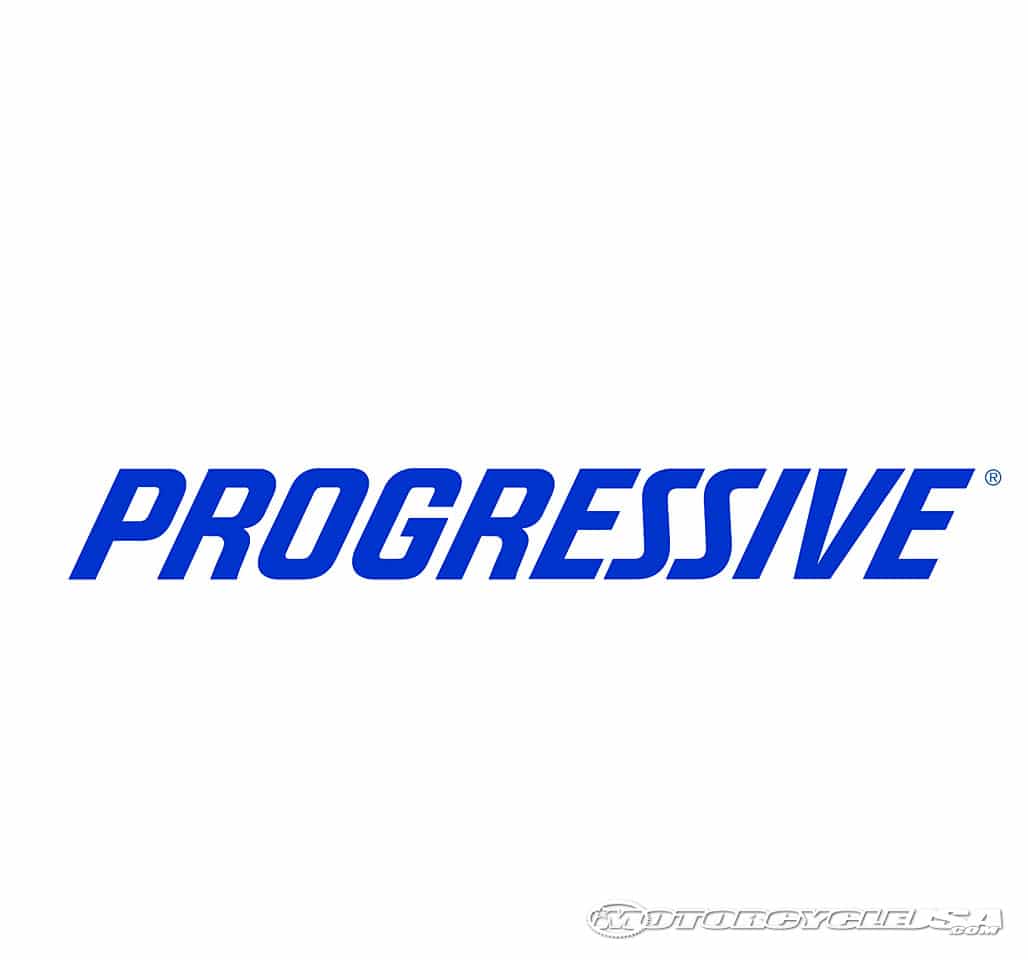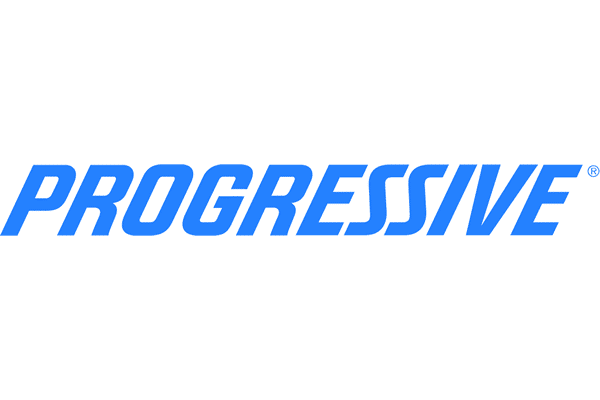Why Consider RV Insurance?
RV Insurance is extremely important for all those who own this vehicle. With the best RV insurance coverage in hand, you can enjoy riding your vehicle worry-free. Here’s why:
- You can rest assured that you are financially prepared for all accidents and emergencies that may occur on or off the road when you’re driving your RV.
- In case of a severe collision, your insurance will kick in, covering medical bills for physical injuries incurred (depending on your coverage).
- Your RV insurance can also protect you from lawsuits, accident liabilities, and claims.
- If you choose to live in your RV, comprehensive coverage will protect you in case of fire, non-collision damages, and theft.
In simple words, recreational vehicle insurance covers your out-of-pocket costs in the event of a loss or incident that causes bodily injuries and property damage. It also provides compensation for your expenses in case of a roadside breakdown.
In addition, RV insurance is a large investment that costs between $25,000 and $200,000. You surely want to protect it!
Recreational vehicle insurance is required in almost every state. However, the minimum amount of liability insurance varies from state to state.
Here it’s important to note that RV coverage may be optional if:
- Your RV is only towable, and there is no loan against it.
- You reside in a state where RV and liability insurance aren’t mandated by law. However, make sure that you carry the same state-mandated liability that you need for your auto insurance when you drive an RV.
The coverage amount you need will depend on a variety of factors, such as:
- The class of motor home you own
- The place of traveling (whether you will cross country borders or state)
- Custom features, if any
Is Insurance Cost High for RVs?
It largely depends on the factors stated above and the insurance company you choose to buy recreational vehicle insurance from. Some insurers provide the advantage of adding an RV to auto insurance. This makes the policy less expensive as you don’t have to buy separate coverage for your RV.
In addition, some insurance companies may also offer discounts for RV insurance. For example, you may get a discount for maintaining a clean driving record.
As the cost of insurance varies from individual to individual, you can get an estimate of the cost that you are likely to incur by using an RV insurance calculator available online.
What RV Insurance Coverages Are Available?
Now let’s take a look at different types of RV insurance coverage:
Full-Time RV Insurance
This is optional coverage for those who use their recreational vehicles as permanent residence. It’s typically defined as living in a motorhome or travel trailer for over six months out of the year. Full-time RV insurance will protect you against liabilities, losses, and injuries that may occur around your RV. This could be the best RV insurance coverage for you if you live permanently in your RV.
RV Insurance Coverage for Part-Timers
Part-time RV insurance coverage is a feasible option for families who use recreational vehicles in summer. With this insurance policy, you can also meet your travel trailer insurance requirements. In addition, it provides coverage for damages and injuries if they occur during short trips. However, it doesn’t provide broad liability coverage as compared to full-time insurance.
Most of the full-time policies will include coverage similar to the car insurance, such as:
- Liability insurance protects against claims resulting from damage and injuries to other people or property. Moreover, it also covers legal expenses if you get sued.
- Comprehensive coverage protects against damage caused by theft, fire, hail, wind, flood, vandalism, falling objects, and hitting an animal.
- Collision coverage covers damage caused by a collision with another car, a tree, utility pole, or due to flipping over.
Depending on your RV insurance coverage options, some policies may include:
- Total loss replacement coverage: As the name suggests, it pays to cover your RV with a similar make and model if it’s totaled.
- Actual cash value coverage: It offers the replacement value minus the depreciation cost.
- Coverage of injuries: It covers the injuries caused by uninsured and underinsured motorists.
- Campsite and vacation coverage: It pays for damages or injuries caused to other people or their property while your RV is parked at a campsite.
- Emergency expenses: You may be reimbursed for emergency expenses for a hotel stay if your RV gets damaged in a collision.
- Full-Timer’s Liability: It’s designed for those who use an RV as a full-time residence.
- Secured Personal Effects: It provides coverage for belongings kept in a commercial storage facility.
- Scheduled Personal Effects: It offers coverage for high-dollar items kept in the RV.
- Personal Effects: It provides coverage for items you use and keep in the RV, including but not limited to dishes, clothing, bedding, pots, and pans.
What About Extra Coverage?
When it comes to recreational vehicle insurance, extra coverage means additional protection that an insurance policy can provide apart from general liabilities and physical damage. These include:
- Vacation liability: It covers your RV when it’s parked at the campsite.
- Emergency expenses: They vary by insurance companies, but the insured will be provided meals and lodging if they’re for any reason unable to use their recreational vehicle.
- Towing or roadside assistance: Some insurance companies provide this coverage with the option of fuel delivery, key lockout, and towing.
Does Coverage Vary for Different Types of RVs and Trailers?
As recreational vehicles aren’t one-size-fits-all, you must know the type of recreational vehicle you own so that you can find the right coverage and qualify for the best policy. Read below to develop your understanding of the different RV classes, as they may have different insurance requirements.
Class A Motorhome
These are the largest forms of recreational vehicles, offering various features and costing the most. A Class A motorhome resembles a large bus. It may range from 21 inches to 45 inches in length.
Class B Motorhome
This is the smallest motorhome category. Class B motorhomes are commonly known as campervans. They are smaller in size and less luxurious as compared to Class A motorhomes. However, they are easier to drive and best for part-time use.
Class C Motorhome
Class C motorhomes are mid-sized motorhomes, ranging from 22 to 44 feet in length, built on a truck or van chassis. Class C features a traditional truck cabin with a raised roof that extends over the cab, used for storage or sleeping. They are slightly bigger inside than Class B campervans.
Conventional Trailers
Also known as fifth-wheel trailers, they have larger living space. These trailers are usually pulled behind a vehicle. Moreover, if you have a robust automobile policy, you may not require separate coverage.
Pop-Up Campers
The pop-up campers are folding campers. They are compact units featuring canvas sides that can be unfolded to reveal additional living spaces. They are lightweight and hauled by another vehicle. We’d say that a pop-up camper is best for campers. It’s comfortable, lightweight, and fuel-efficient — perfect for outdoor adventures.
RV Insurance Pricing
RV insurance prices vary. On average, full-time recreational vehicle insurance cost is approximately $1,500 per year. In 2019, RV insurance costs ranged from around $1,000 to $2,000 per year. Class C recreational vehicle policy cost less, around $1,000 per year, while Class A recreational vehicle policy costs more, reaching up to $2,000 per year.
The full-time RV insurance cost depends on different factors, as mentioned earlier. But it’s important to note that a new and more expensive RV will have a higher premium than a used RV.
Other factors that may determine the RV insurance cost are:
- Location
RV insurance rates vary depending on your state, region, and ZIP code. For example, if you plan to live in your RV in an area with a high property crime rate, it might cost more to insure your RV.
- Driving record
- Age, gender, and marital status
- Credit score
- RV type, condition, and age
- Coverage selection
- Claims history
- Driving experience
- RV usage
Conclusion
If you are a full-time or part-time RV owner, we advise you to browse through your options and get quotes from different insurance companies to choose the best RV insurance coverage. The RV insurance cost may seem high, but it’s worth it.
Your policy will provide you with comprehensive coverage against the losses that you’re likely to incur in case of an accident or property damage.














